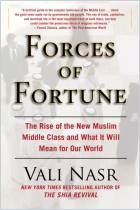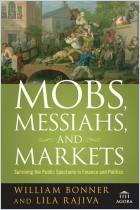Join getAbstract to access the summary!

Join getAbstract to access the summary!
Sam Harris
The End of Faith
Religion, Terror, and the Future of Reason
W.W. Norton, 2004
What's inside?
Is religion a spiritual haven and the hope of mankind, or a violent, fundamental impetus for war and hatred?
Recommendation
In this controversial book from 2004, author Sam Harris faults religion for being illogical, for inciting societies to violence, and for not reconciling faith and reason. Many classic thinkers and theologians struggled with this question. Harris, who has a compelling narrative style, provokes readers to confront their own philosophies as he asks another ancient question: why does a good God permit evil? Harris’s anti-religious discourse promotes reason and science as forces opposed to faith, and asserts that spiritual living does not require religion. He reconsiders venerable philosophical issues and illuminates the concepts that explain opposition to religion and its often bloody role in history.
Summary
About the Author
Sam Harris received his degree in philosophy from Stanford University and is working on a doctorate in neuroscience.























Comment on this summary
Regrettably, I found GetAbstract's own "Recommendation" rather biased: it's all too easy to guess which side the reviewer leans on... while GetAsbtract's introduction of a book should be sterile and unbiased by definition.